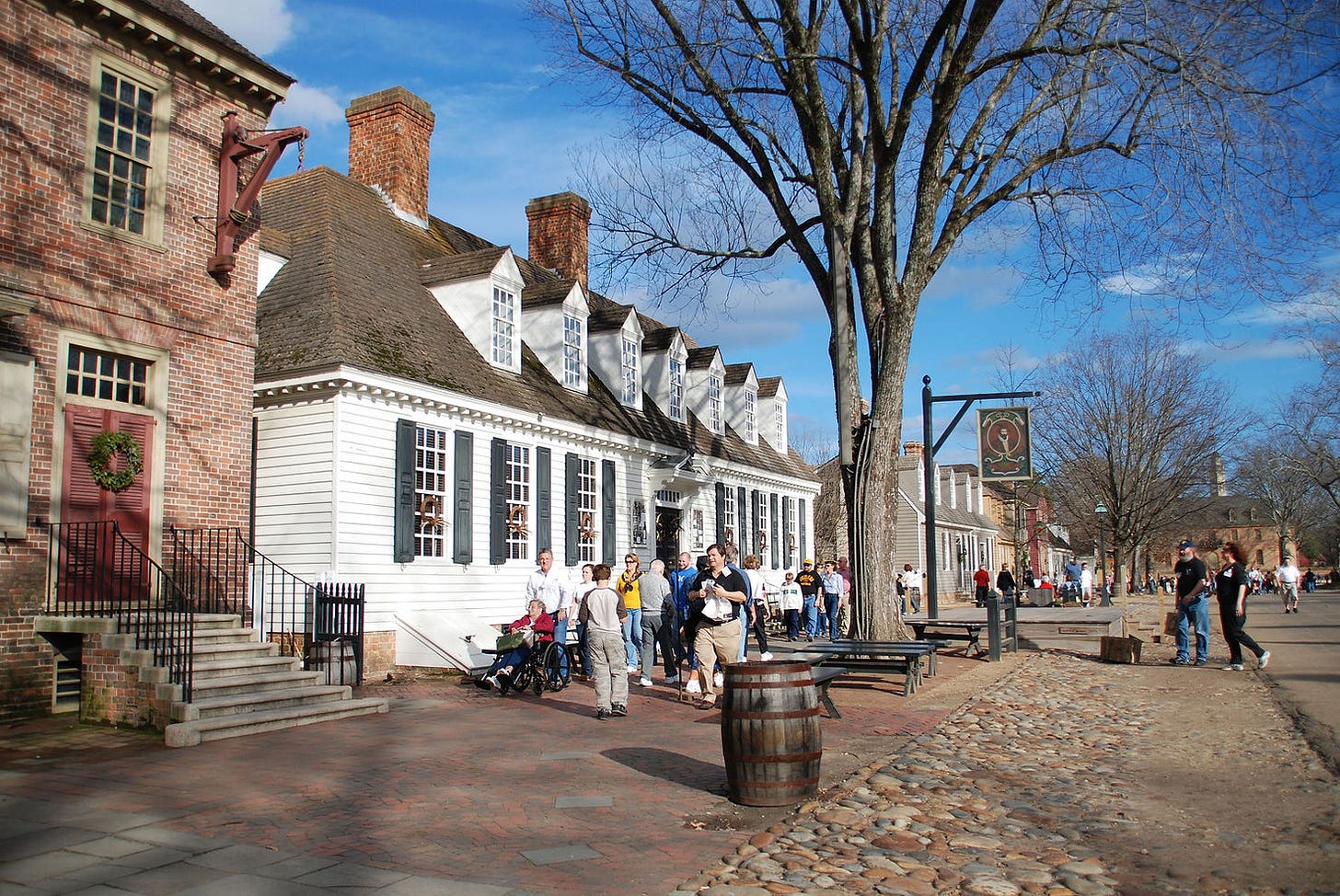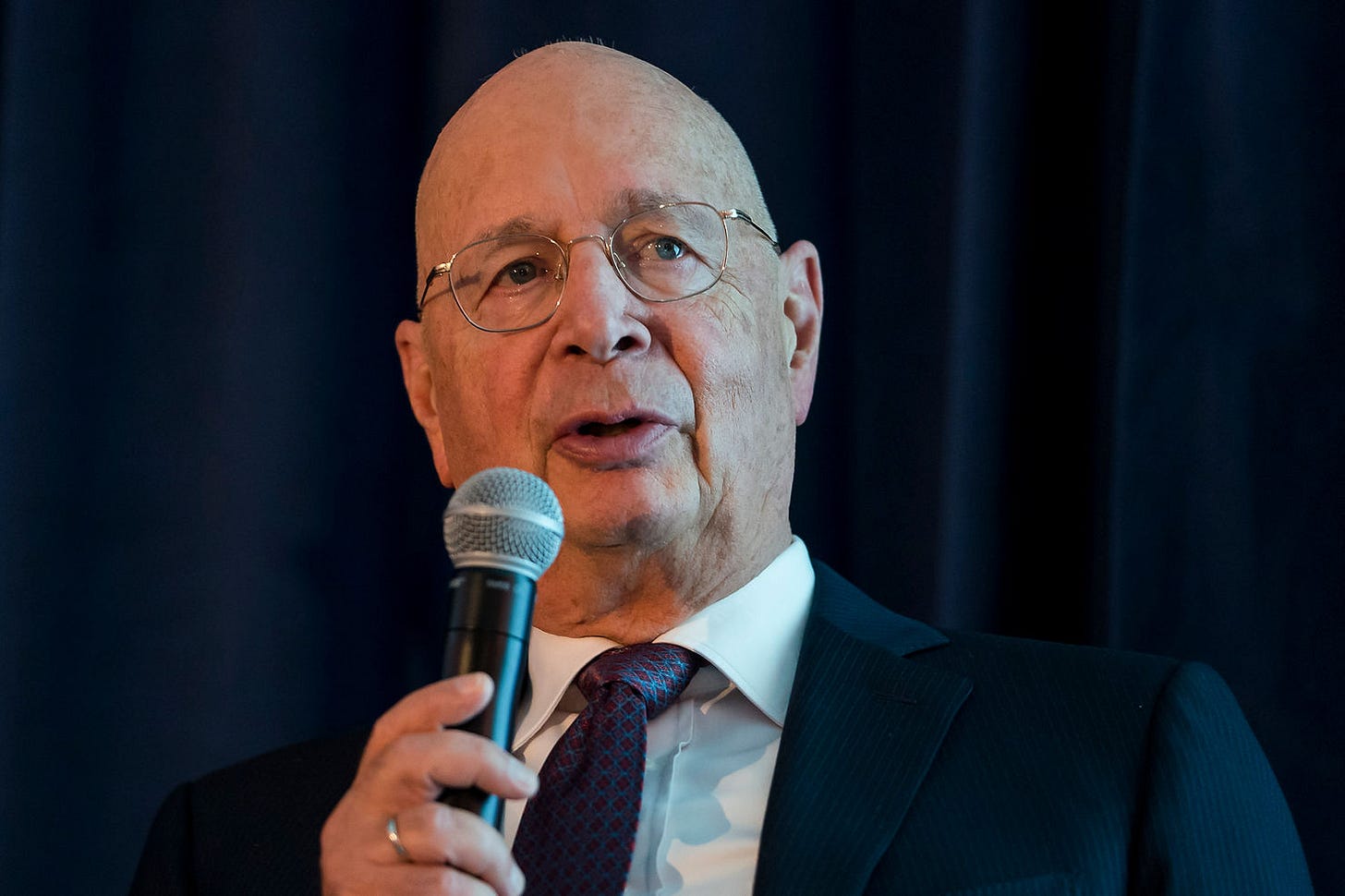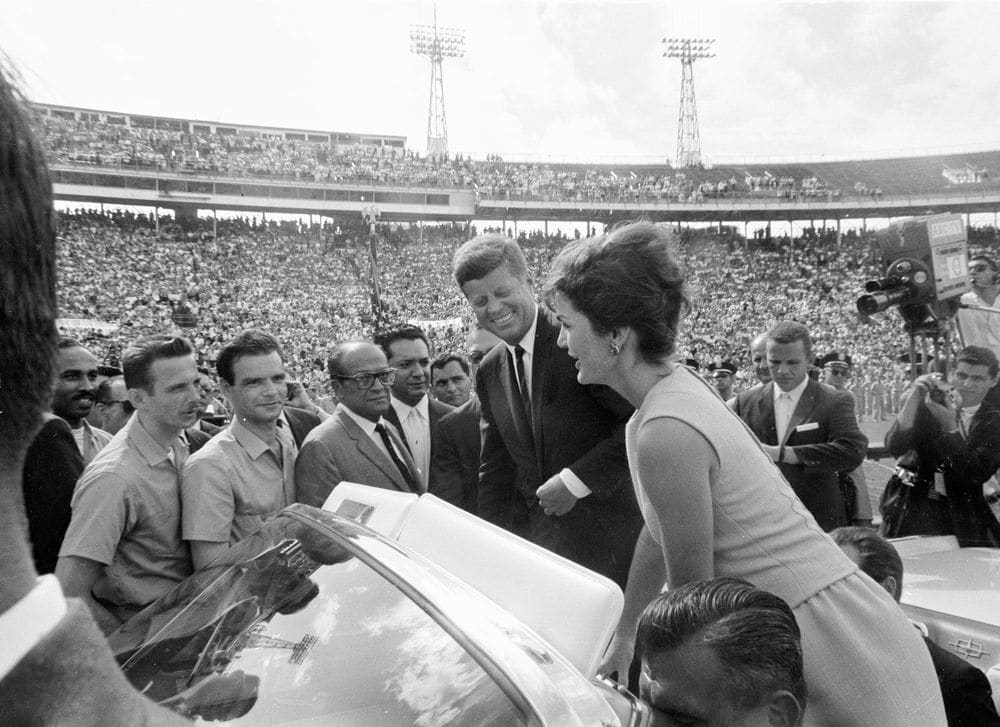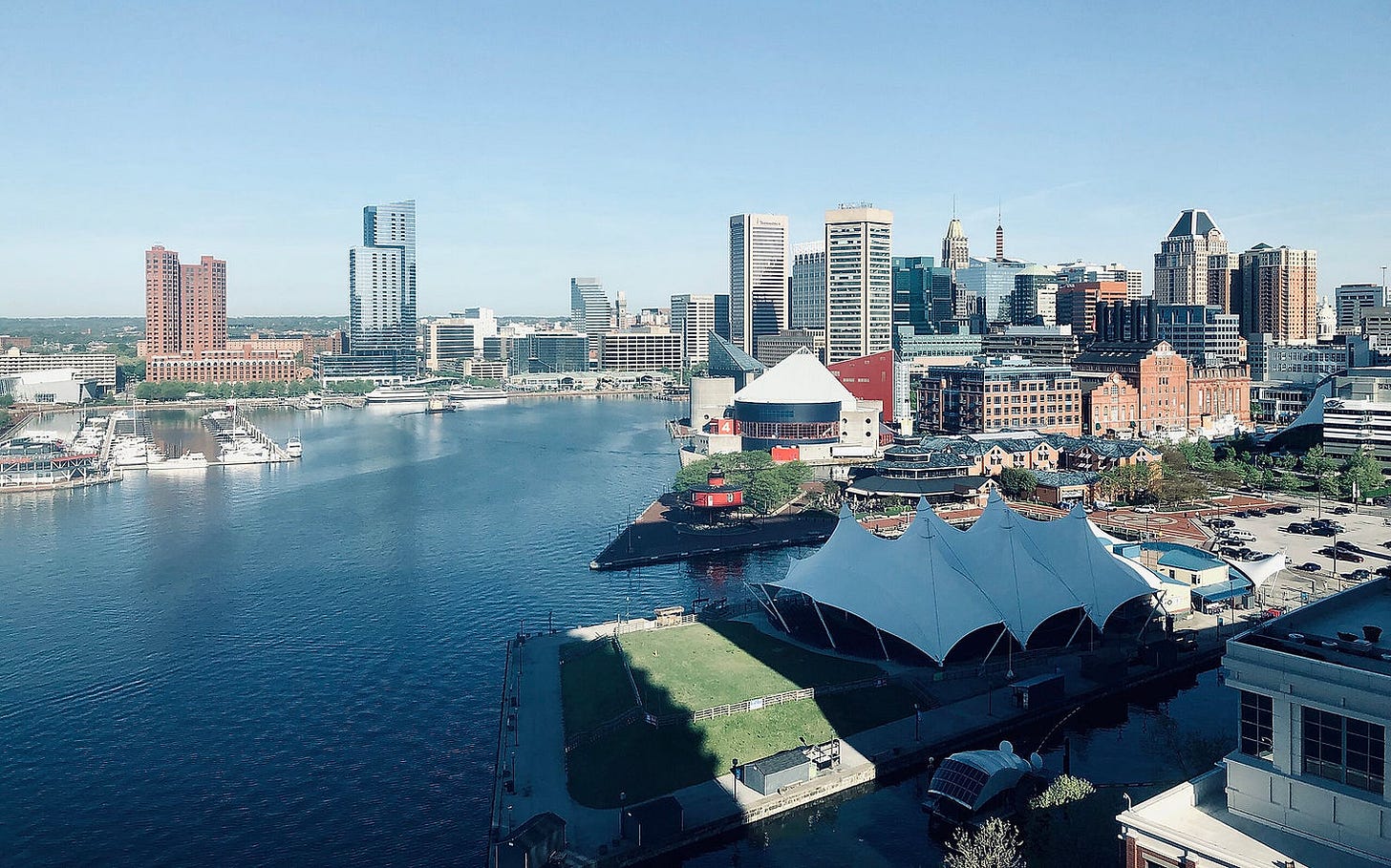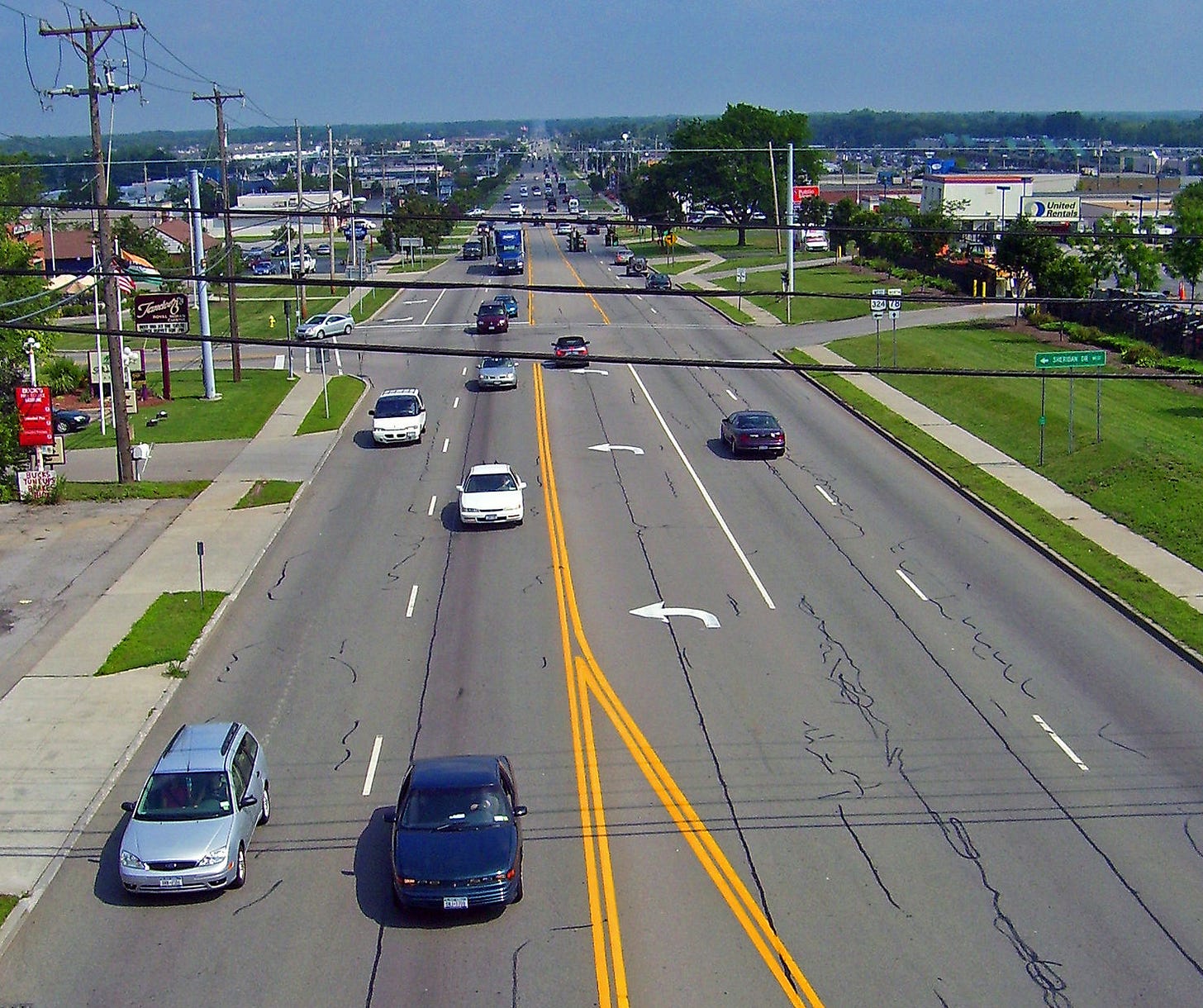When Everything is an Extortionist Scam: On consumerist culture and "The Brave New World's" self-inflicted prison of consumptive pleasure.
“Give them an inch and they take a yard; give them a yard and they take a mile”—Bob Marley, “Real Situation.”
First it was superfluous luxuries, then necessities. It is Saturday June 8, 2024 and the muse has spoken to me as I sit whilst sipping tea in “Aromas” cafe and coffeeshop in Colonial Williamsburg, Va, USA. Over the past few days, my fiancée and I have been traveling from where we were staying in Florida for the past few months—on what will be referred to in the future as a temporary “expedition”—back to our transplanted home town of Annapolis, MD for work. Nonetheless, my experiences of the last few days have upwelled and distilled some deep-seated sentiments and lamentations about the present state of American civilization.
It needs but little qualification to acknowledge that America has long been a “consumer culture,” where the concept of citizen has been displaced by the consumer, whose existence is defined by an infinite procession of consumption—from cradle to grave—of commodified consumer goods. My experience thus far in the so-called living museum that is Williamsburg, Va has invoked in me, a deep sadness and consternation, because my hopes and expectations for what Williamsburg would or ought be, were woefully different from reality as I found it. I had visited Williamsburg as a youth and remembered it fondly, but memory is a strange faculty that is dubious even under the best of circumstances. What I found in 2024 was a place that was truly no-place: a locale with charming buildings and beautiful vistas that is contrived, artificial, and corporatized; it is not so much a living and breathing testament to the arduous past when life was mostly unpleasant, but rather a carefully concocted and curated experience oriented towards consumeristic tourists who either desire—or are made to desire by a lack of true alternative choices in an organic free marketplace—a litany of cute, cookie-cutter shops, many of which are simply ubiquitous corporate outposts.
Colonial Williamsburg: Where outward beauty masks an unsettling reality.
Here in Williamsburg, I have not found the unique spirit of Colonial America, but rather an amusement park aimed at towards tourists who desire to consume entertainment and amusement as if it were a physical product, instead of a spiritually nourishing encounter with the past . Perhaps it is naively idealistic of me to think it was ever (or could be) otherwise. I do realize from its inception, Williamsburg was a philanthropic contrivance, but it is hard to imagine it being originally conceived as the vast and intricate shopping mall with paid parking that it is today.
What I wish to write about here is something adjacent and analogous but different: that is, the consolidation and commodification of everything into a consumer product has created a society whose aim is to extort as much money from the consumer as possible, rather than safeguard the well-being of the citizen and facilitate the common good. This process of mass commodification nearly everything has been unabated for so long, I think it no exaggeration to state that almost every product and service—from privatized healthcare and insurance, to public goods like basic utilities including water, electric, and heating—have become part of a grand extortionist plot to separate the consumer from as much of his or her money as is humanly possible without bludgeoning and subsequent theft. Dare I even mention zoning restrictions on the usage of private property, which has contributed to an affordable housing crisis that has caused mass homelessness, leaving America’s once-proud cities in squalid tatters? What “man of the system” can—or hypothetically, even could—fix this?
Mass homelessness in the order of magnitude of tens-of-thousands, afflicts most, if not all, of America's major cities.
Compounding matters, nearly all of the aforementioned products and services are state-mandated, meaning that one cannot simply opt out of the grand extortionist plot. Under such conditions—and coupled with an ascendent and incendiary, public and private system of indebtedness—it is no wonder that the cost of living has exponentially increased to such a degree that many people can hardly afford to simply exist. I myself am one of them despite running my own boat repair business, making $145/billable hour. We live in a world where a large corporation can make fortune bottling and selling a ubiquitous natural resource such as water, while attempting to organize one’s deepest and most profound thoughts via writing essays such as this one often don’t even pay a penny. Living in a consumer-materialist world, with its sirenous allurements and ubiquitous entrapments, has caused me to reevaluate my deepest convictions and evaluate if my actions and lifestyle aligned with them: as it turned out, I was not being true to my deepest, most dear, noblest, and best self—the self which I am currently not, but hope to someday be. These past years, I have sacrificed higher things for the sake of lower ones—no more I say!
This whole diatribe was unleashed when my fiancée (now wife) and I spent $36.56 on two small pots of tea, an avocado toast with smoked salmon, and a sausage breakfast sandwich, after which the college-aged baristas would not give may fiancée a glass of ice water, citing “management”: for apparently spending what roughly correlates to three-hours of labor for service workers, no longer entitles one to a complementary glass of aqueous sustenance from the tap—or at least not in the putrefied “Colonial heart” of America that lives on only as a costume gilding of what is in actuality part amusement park and part shopping mall. At Williamsburg, only lip service is paid to the still-born American Ideal, which briefly birthed a great nation of autonomous yeoman farmers—who were lords of their own domain—coupled with a complimentary urban mercantile system that afforded great social mobility and economic opportunity, but which —250 years later—turned out to be headed for a post-industrial neo-serfdom. “You will own nothing and be happy,” the World Economic Forum infamously told us in 2016. "Never letting a good crisis go to waste," the preceding message then went viral, and was reiterated and reformulated by the WEF in 2020, hoping to use the heavy-handedness of the Covid-19 Pandemic—where a litany of prescriptive restrictions issued didactically from on-high were deemed necessary—as the means to the end of predetermined global policy directives aiming at the consolidation of power and resources under the umbrella of global governance. In late 2024, we do truly seem to be heading towards a world in which people truly do own nothing—will we be “happy?” If so, will we be virtuous and worthy of renown?
Klaus Schwab, Founder of the World Economic Forum
At Williamsburg, my fiancée was told she could—like a good consumer—purchase a $4.00 16 oz. single-use plastic bottle filled with slightly-filtered tap water (that is likely contaminated with endocrine-disrupting chemicals from leeching plastic) and Aromas would graciously acquiesce to part of her request, giving her a glass of ice to go with her water. The message was clear and simple: “you’re not welcome here, but give us your money.” Business in this manner was and is unacceptable. Schemes such as this one are compounded by parking, which in Williamsburg is paid and exorbitant. Will I ever want to come back? What is laughably backwards in our society: activities that are genuinely worth doing for their own sake, or for the benefit of oneself and/or others—like reading, writing, teaching, speaking and discoursing with others, connecting with peers or children through play, adventuring in nature, gardening, building things with one’s own hands, etc.—are neither financially viable nor sustainable, and are therefore being increasingly omitted from daily life to the detriment of all decent humanity far and wide. But bottling and selling water—which is so obviously bad for people, animals, and planetary ecology that it and other predatory usages of single-use plastic, probably should be banned—does: that is the sad reality of the world we currently inhabit. But there is no use allowing resentment to fester, for the operative question is What is to Be Done?
What is to be Done?: The forgotten Russian novel.
In cities like our beloved home of Annapolis, MD, parking has recently been made paid throughout the city and the going rate is $5/hour. What local can afford this on a daily basis? And with the sprawling state of modern America with its expansive and endless stroads, who can exist without a car? When I moved to Annapolis in early 2020, parking was free within city limits for up to two hours except on Main Street, but everything changed when the old Hillman parking garage was razed and replaced with new, for seemingly no purpose other than beautification—but it’s a parking garage; why ought something inherently utilitarian and piggish be covered with lipstick on the citizen’s non-consensual dollar? City-wide paid parking was supposed to be a temporary stop-gap measure to make up from lost revenue from the garage, but as Milton Friedman told us, there is nothing more permanent than a temporary governmental program. I have decided to silently protest and have collected many parking tickets to date which I have not, and will never, pay: for the way to stand up to imposed injustice is civil disobedience; you don’t fight the evil of avariciousness with docility and compliance.
We are seeing what happens in a society when good men and women stand idly by and do but little: for in a vacuum where those who are charitable, decent, and believe convictively in the common good—yet stand by idle, complacent, and agreeable—the avaricious and rapacious step in, having mastered and honed various surreptitious methods of manipulation and the bending of others to their will, thereby seizing control of what ought be public resources before commodifying and selling them back to a docile and lethargic public that is consumed with consumerism and mindless platitudes that reek of self-soothing: “this is just the way it is,” they tell themselves. But it doesn’t have to be. It wasn’t always like this: consumerism as a cultural phenomenon and quasi-religion of materiality is a decidedly new aspect of modernity and post-modernity. I have watched this process exacerbate and intensify in my own short lifetime. Perhaps I am simply more aware than I used to be, but then I start recounting all of the things which used to be accessible, free, and commonplace and realize that I am not merely nostalgizing the past. Corporations are not inherently evil and they assuredly have their place in our society, but if left unperturbed and to their own devices, they usually make every place a no-place because they are not people and they have no soul; therefore the corporation eventually makes every place in which they fester soulless and inanimate. Why one might ask? Because while the small mom-and-pop shop operates based on individual agency and intuitive judgment on the part of the proprietor(s), the corporation instead acts by way of its overarching and non-negotiable bureaucratic policy, aimed at maximizing profit while reducing the risk of legal liability. This is why every shopping plaza across the county has the same dull and loathsome feeling that inspires existential dread and the ubiquitous religious sentiment of the day: nihilism.
Compounding matters, there are few third-spaces anymore—fewer yet where one can just be and exist without spending money. I have never been one to obsess and salivate over the injustice of inequality or inequity of outcome; I also hold the heretical belief that every human being is foremost an individual and is therefore, by definition, unique—meaning every singular person is necessarily unequal and distinct from every other. But it couldn’t be more clear to me how this trend of reducing accessibility to place on economic grounds could and has intensified disparate social outcomes. To some extent, it has always been this way and when I reflect upon such matters in the past I am immediately drawn to the 1920s world of factory workers in which F. Scott Fitzgerald’s Great Gatsby takes place, but as suburbia has displaced urban environments in the last 70 years, there are now very few public places in existence worth noting. Most that remain are relics of the past.
I grew up in the suburbs, but in my 20s came to possess a visceral distaste for their empty and desolate, car-centric environs. I sound like a leftist, but assuredly I am not. But that does not mean what is happening in America these days is in any way good, just, or right; I see it very clearly and I cannot be silent. Stadiums and other public amphitheaters for events used to be such a place, but these days almost all stadiums are as exclusive (and unnecessarily luxurious) as ever due to the exorbitant prices of sporting and music events. And yet, for whatever reason, it is in the age of inaccessibility that the owners of professional sport franchises have the audacity to suckle from the teat of the public purse, citing grandiose economic benefits that almost never materialize in reality.
In my home sports town of Miami, the historic and public Orange Bowl—where my father once attended games for the 1972 Miami Dolphins, who remain the only professional sports franchise of the modern era, to be undefeated or untied—was razed to the ground in 2008 due to a shady back-room deal, to make way for a modern monstrosity called Marlins Stadium—that despite being almost 20 years old at present—has no noteworthy history to speak of. Additionally, the Orange Bowl played host to five open-air, pre-corporate Super Bowls and numerous collegiate national championship games, that were a spectacle put on for the common man and fanatic for pennies on the current dollar.
JFK and Jackie Kennedy greet Cuban expats in the Orange Bowl in the immediate aftermath of the failed Bay of Pigs Invasion.
One cannot even watch public television or YouTube anymore without constantly being involuntarily bombarded with advertisements: another sign of the times. Is the solution to truly cut the cord and chuck our phones and computers into the rubbish bin and live the lives of isolated hermits? Is the solution, as Vaclav Havel insinuated, to build “parallel structures” to act as havens for home, hearth, and community within the existing consumer apparatus? Surely it is not to simply turn the other cheek and allow ourselves and our world to be further destroyed by the wicked and avaricious?
A few hours north of Williamsburg, the Annapolis waterfront is presently being redesigned to combat flooding and increase public utility—or at least that is the pretense for the project. I fear what is to come for this most sacred of American cities that once acted as the Unites States Capitol. On the waterfront, longtime waterfront fixture, Pusser’s—a “hole-in-the-wall” outdoor bar and restaurant that embodies coastal Maryland and “waterman” culture—was bought and is being replaced by two cookie-cutter offerings that have nothing to do with Annapolis or Maryland waterfront charm by corporate conglomerate, Atlas Restaurant Group, who is colloquially “credited” with gentrifying and cleansing Baltimore Harbor, stripping away its historic soul as collateral damage. Will Annapolis go the way of all of America’s other deracinated and sterilized cities? In time, it is likely to do so. What evidence is there to the contrary?
Baltimore's Inner Harbor
One of the most detestable aspects of modern America, which is defined by suburbia, is that every place feels like every other place—and therefore shares the same defining character, which is to say that of no-place at all. One of the aspects of life that makes being alive worthwhile is the experience of novel things, people, and places—through travel and adventure—which inspire, edify, cleanse, revivify, allowing the reification of the nobler parts of man, whilst temporarily casting away the busy-ness of modern life and the monotonous component parts of routine daily life.
When everywhere is nowhere: a view of a "stroad" that could be anywhere in the USA.
It is my belief that through these phenomenologically novel experiences people become better, spiritually richer, and more liberal—in the original sense of the term—through a process of reorientation which the modern world necessitates by virtue of its overarching soulless character. But if every place is the same, that is to say if every place is no-place, what value is there in traveling—especially when travel itself has become a commodified consumer product to be bought, sold, and consumed, making it prohibitively expensive for most all people? If we don’t live in a Brave New World, I don’t know what would constitute one. But how to reverse course and save ourselves from certain spiritual death? How do we preserve the sanctity of humanity and the human person in the age of the consumer?






